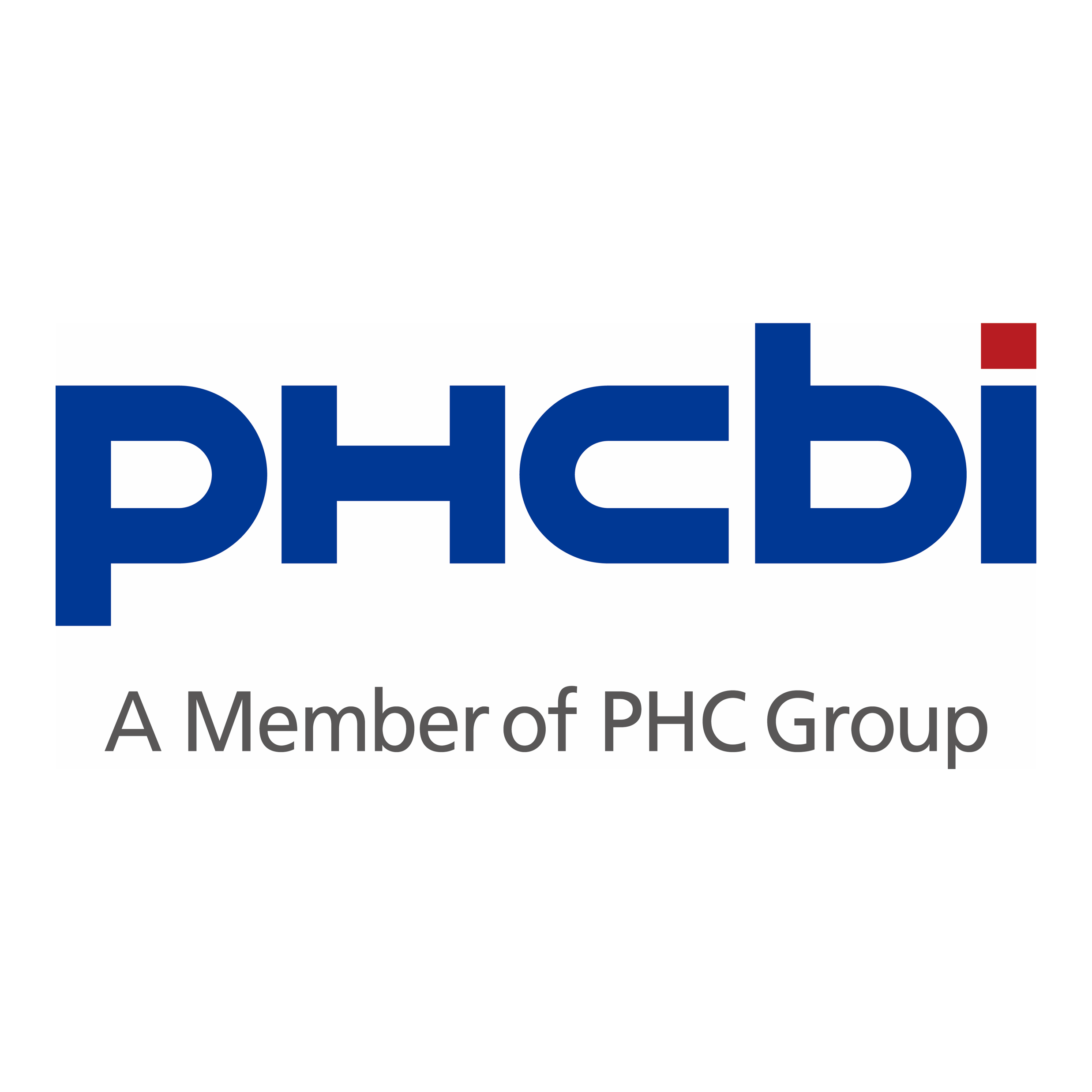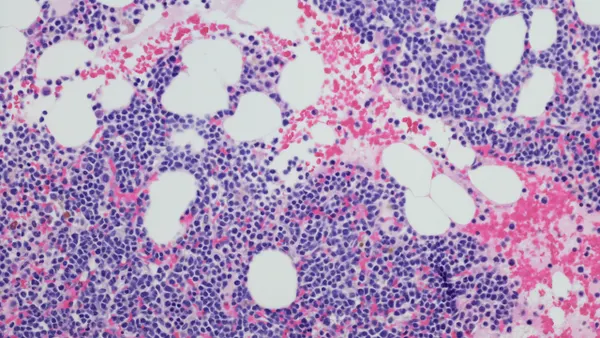Today, a brief rundown of news involving Regeneron and Bluebird bio, as well as updates from Atai Life Sciences, Alto Neuroscience and UniQure that you may have missed.
Regeneron Pharmaceuticals on Monday disclosed Phase 2 study results that it claimed suggest the addition of one or two of its experimental medicines to Novo Nordisk's Wegovy might help people with obesity preserve muscle mass. Leerink Partners analyst David Risinger, however, described the results in a research note as "mixed," highlighting how the addition of Regeneron's drug resulted in either numerically lower weight loss with "comparable tolerability" or "greater weight loss with worse tolerability." The effects on muscle function, which haven't yet been disclosed, will be "critical,” Risinger added. Draft guidance published by the Food and Drug Administration has indicated muscle-protecting medicines "need to demonstrate functional benefits" to succeed. — Ben Fidler
Regeneron also expanded its portfolio of weight-loss medicines, announcing on Monday a deal for most worldwide rights to a drug developed by Hansoh Pharmaceuticals Group that's currently in late-stage testing in obesity in China. Regeneron paid Hansoh $80 million upfront for the drug, which, like Eli Lilly's Zepbound targets the gut hormones GLP-1 and GIP. It could add nearly $2 billion in additional payouts. In testing, the drug has demonstrated a "potentially similar profile" to Zepbound, Regeneron said. — Ben Fidler
Carlyle Group and SK Capital on Monday closed a deal to acquire and take private gene therapy developer Bluebird bio. The two private equity firms said they’ve provided “significant primary capital” to support and scale Bluebird’s gene therapies for rare blood and brain diseases, and that the company will now prioritize building up its manufacturing capabilities and strengthening relationships with insurers. Bluebird’s stock, which will no longer trade on the Nasdaq, last closed at around $5 per share. — Ben Fidler
Psychedelics developer Atai Life Sciences is absorbing the rest of a U.K.-based biotechnology company through an all-share transaction announced Monday. Atai last year took a nearly 36% stake in Beckley Psytech, providing it access to an experimental version of the mind-altering compound mebufotenin. Now, the two developers are combining in a deal that values Beckley at $390 million and is expected to close in the back half of this year. Beckley’s investors other than Atai will be issued around 105 million new shares as consideration, representing about 31% of the combined company. Additionally, the investment firms Ferring Ventures and Adage Capital Partners are making a concurrent $30 million private placement. Atai said the new entity will have enough cash to keep it running through “multiple” readouts of important mid-stage clinical trials. — Jacob Bell
Alto Neuroscience has, for just under $2 million, acquired a portfolio of dopamine-boosting drugs in development for depression. The deal with Chase Therapeutics, disclosed Tuesday, hands Alto a fixed-dose combination of pramipexole, which is already used to treat Parkinson’s disease, and ondansetron, the active ingredient in the nausea medication Zofran. Now code-named ALTO-207, this combination recently succeeded in a mid-stage study of patients with major depressive disorder. Alto plans to start by mid-2026 a Phase 2b trial designed to potentially enable an approval application. The trial would focus on treatment-resistant depression and report high-level data sometime in 2027. — Jacob Bell
UniQure, the Belgium-based gene therapy developer, said it has reached an agreement with the FDA on “several key components” of an approval application for its closely watched treatment for Huntington’s disease. Those components include the manufacturing process for the treatment, named AMT-130, as well as updated statistical analysis plans that UniQure expects to submit before the end of June. Looking ahead, the company intends to have another pre-filing meeting with the FDA late this year and then formally submit its application for priority review sometime between January and March of 2026. Analysts at TD Cowen have estimated that peak annual sales of AMT-130 could reach or surpass around $1 billion. — Jacob Bell













